
Bomullsängeln(Cotton Angel)
by Susanna Alakoski, reviewed by Fiona Graham
Natur & Kultur, 2019, 426 pages.
'It is arguably fitting, in a novel centring on working-class struggles, that the communities depicted almost become characters themselves. This applies both to the farms and to the cotton mill, around which its workers’ lives revolve... Alakoski’s portrayal of a bygone way of life, whether agrarian or industrial, is convincing and moving.'
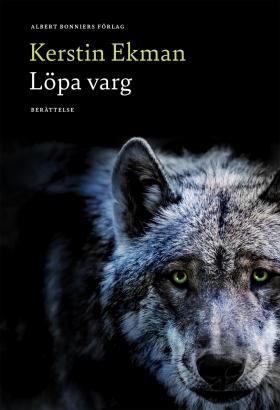
Löpa varg(The Wolf Run)
by Kerstin Ekman, reviewed by Deborah Bragan-Turner
Albert Bonniers förlag, 2021,150 pages.
'Löpa varg... has received glowing reviews in the Swedish press. It resonates with a wisdom and sensitivity deeply rooted in nature, evoked through one man’s meditations on the damage inflicted on the earth by humankind – and himself.'
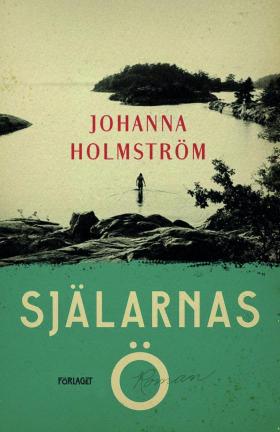
Själarnas ö(Island of Souls)
by Johanna Holmström, reviewed by Emma Naismith
Förlaget, Finland, 2017, 336 pages.
'The stories in this book are spun from the lives of real people, gathered from the archives. One striking element is the meticulous recording of the women’s moods, bodily excretions, menstruation, weights, head circumferences, smell and sizes... The book’s strength lies in these detailed accounts of women’s lives, the touches, smells and tastes, and the relationships within the hospital, an all-female household.'
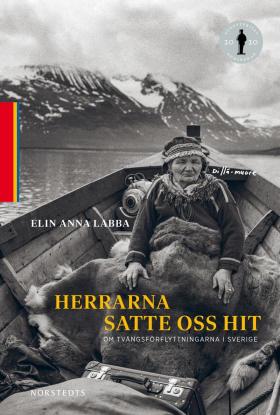
Herrarna satte oss hit: Om tvångsförflyttningarna i Sverige (Sirdolaččat: The Deportation of the Northern Sámi)
by Elin Anna Labba, reviewed by Fiona Graham
Norstedts, 2020, 190 pages.
'This mosaic of imaginative vignettes, interviews, historical documents, lyrical evocations of nature, and yoiks in the Northern Sámi language, accompanied by many striking photographs of Sámi people and their homeland, Sápmi, is truly ground-breaking. A depiction of a historic injustice, it is also a fascinating portrait of a way of life that has all but disappeared, and a tribute to a remarkable people.'

Is(Ice)
by Ulla-Lena Lundberg, reviewed by Sarah Death
Schildts & Söderströms, 2012, 364 pages.
'An atmospheric novel set on the fictional island of Ör, off Ulla-Lena Lundberg’s native Åland Islands, finds this seasoned and much-lauded writer on top form.'
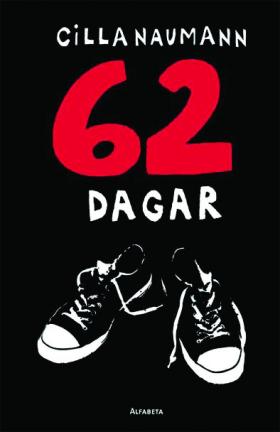
62 dagar(62 days)
by Cilla Naumann, reviewed by Kristina Sjögren
Alfabeta, 2011, 143 pages.
'In its seemingly simply constructed prose, the book is a masterly portrayal of small, frightened teenage souls trapped in growing, awkward, sweaty bodies. The claustrophobic sense of not being in control, the hate-love of the parents, the inability to express oneself adequately in words, the impossibility of mastering one’s emotions; reading 62 dagar brings back memories of what it was like being a teenager.'

Mai betyder vatten(Mai Means Water)
by Kayo Mpoyi, reviewed by Joanna Flower
Norstedts, 2019, 256 pages.
'Mai betyder vatten has been critically acclaimed in Sweden, where Mpoyi’s self-assured writing style has earned particular praise. This novel has an almost tangible sense of an underlying significance; it may be a ‘Swedish novel’ in that it was written in Swedish, but there is something markedly universal about it.'
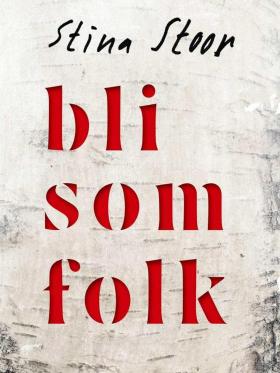
Bli som folk(Beasts and Other Stories)
by Stina Stoor, reviewed by Nichola Smalley
Norstedts, 2015, 211 pages.
'With writing this sophisticated, it’s no surprise that Stina Stoor was shortlisted for the 2015 August Prize. And it’s hard to see how she could fail to go on to even better things in the future, when her debut collection features stories as bold and original as these. Stina Stoor’s world is the kind of world I would be happy to revisit time and time again.'

Vägen mot bålberget(The Road to Stake Mountain)
by Therése Söderlind, reviewed by Agnes Broomé
Wahlström & Widstrand, 2013, 590 pages.
'At its core, though, beneath the clever and captivating complications of the narrative, this is a book about secrets and the shame and guilt that lie at the root of them... In Therése Söderlind’s second novel, every person is a bottomless shaft leading down the generations, to secrets within secrets within secrets.'
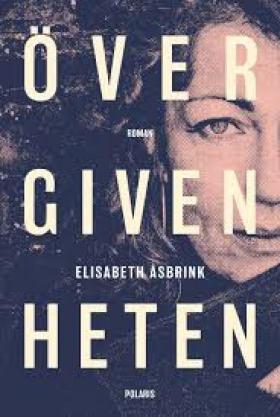
Övergivenheten(Abandonment)
by Elisabeth Åsbrink, reviewed by Fiona Graham
Bokförlaget Polaris, 2020, 320 pages.
'Övergivenheten is a book that will remain with a reader of any sensitivity for a long time. As in 1947 and her other works, Elisabeth Åsbrink has succeeded in placing deeply personal stories and emotions in a broader historical context. The verve with which she brings her characters to life cannot fail to move the reader to empathy, and to indignation.'

